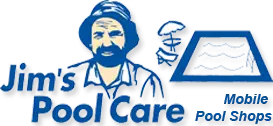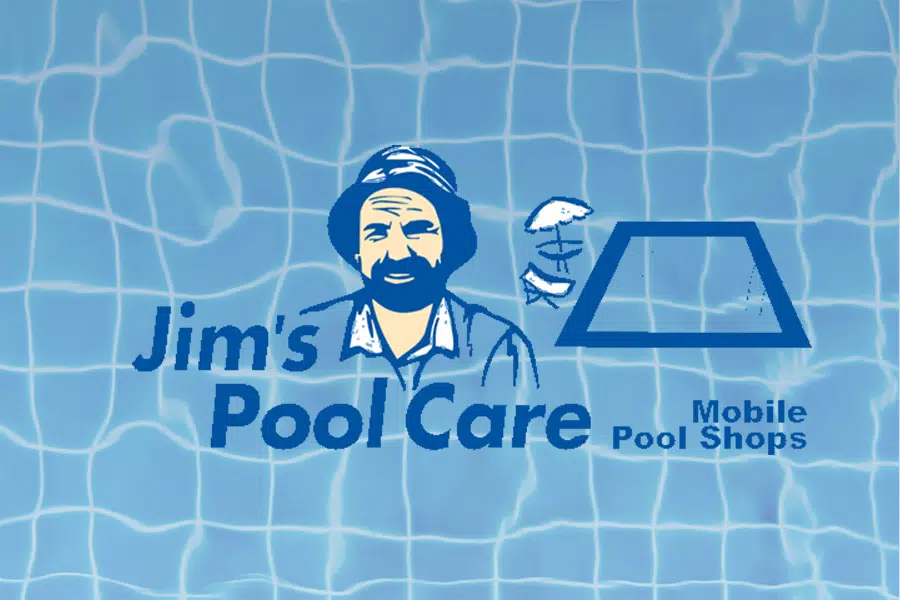
What is the best pool heat pump?
When considering extending your swimming season into the cooler months, installing a pool heat pump can be a transformative decision. Unlike traditional heating methods, pool heat pumps harness the air’s natural warmth, offering an energy-efficient solution to keep your pool
comfortable year-round. But not all heat pumps are created equal. Here are the essential features to consider when selecting the right pool heat pump for your home.





